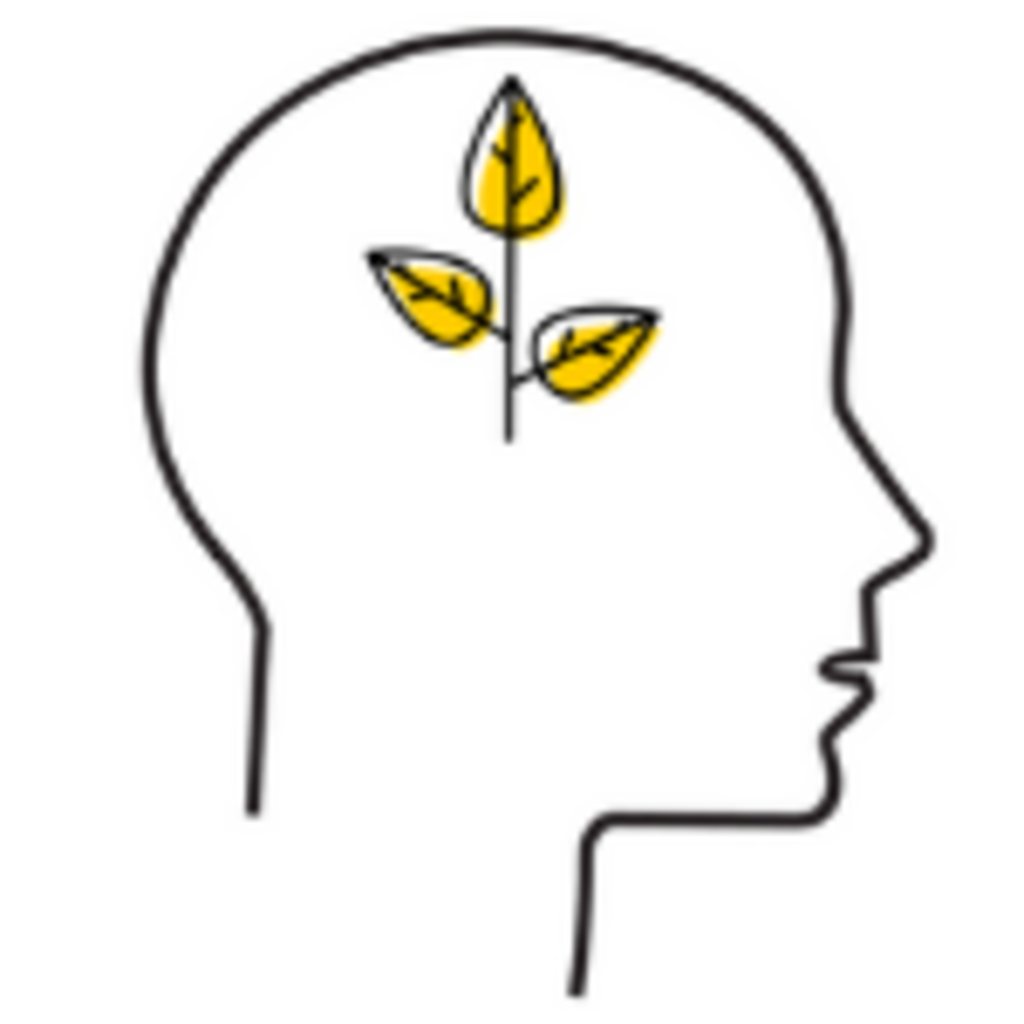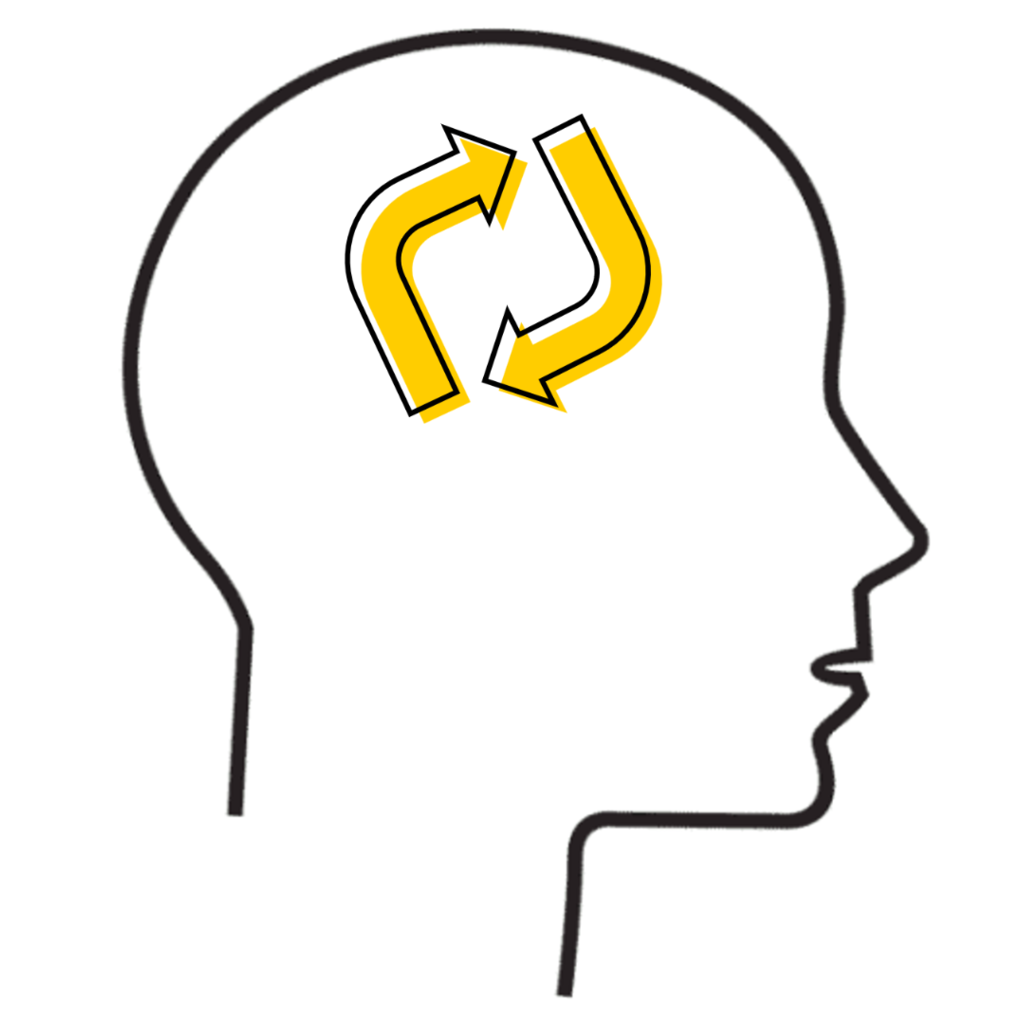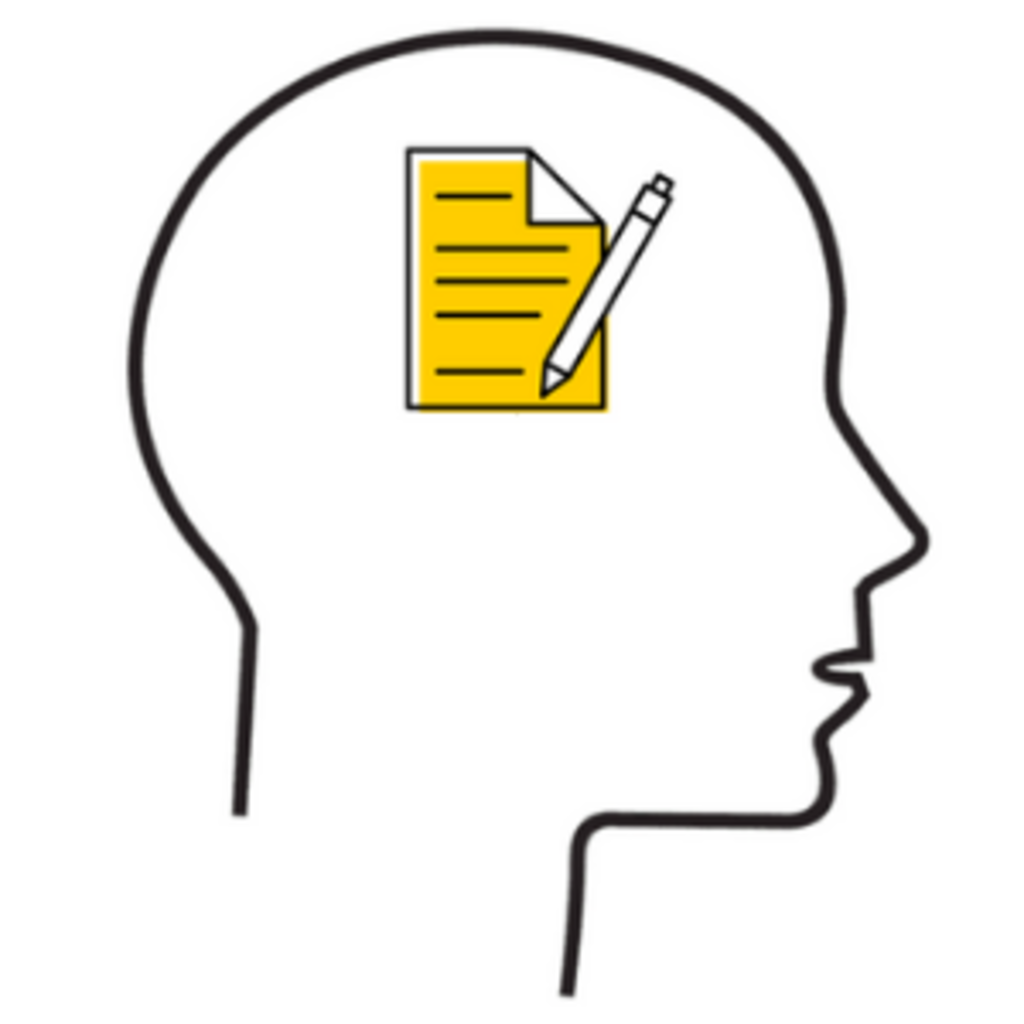Looking for effective study tips?
Check out our articles archive to help you study effectively during all parts of the semester!
Becoming a Successful Student
Your main purpose as a college student is to learn and comprehend the information and material in your classes.
However, many students report that they were never taught how to learn or study effectively. This means that they were been left to trial and error and had to figure it out along the way. To help you become a more effective learner, the University of Iowa developed the Learning at Iowa program. We ground our empirically-supported practices around principles from cognitive science - Mindset, Metacognition, and Memory - the Three Ms for Effective Learning.
This site provides a variety of resources you can use to apply the Three Ms to your learning and become a more successful student. We encourage you to explore the handouts, self-assessments, and videos linked here and reach out to us with any questions or if you would like to learn more.

Mindset
Mindset refers to your attitude and beliefs about learning. A growth mindset can help you feel confident and know that you can learn the material.

Metacognition
Metacognition means “thinking about thinking” and includes three processes: planning, monitoring, and evaluating. These are important for tracking your learning and realizing when something is unclear.

Memory
Memory is essential for learning, but some techniques produce stronger memories than others. Using effective learning strategies will help you improve your memory and ability to recall information.
Worksheets & Handouts
Cognitive Wrappers
Cognitive wrappers, also known as "exam wrappers," are structured opportunities to reflect on your study strategies and your performance on one exam or assignment, or during a longer stretch of time like a semester.
The worksheets included below allow you to use metacognition to your advantage by evaluating how effective you were with your learning. Then, you can plan how you will prepare for the next exam, assignment , or semester in order to meet your academic goals.
- NEW: Exam Wrapper & Analysis Worksheet (Word document version: download here)
- Exam/Assignment Wrapper
- Mid-semester Wrapper
- (Previous) Semester Wrapper
Develop Metacognitive Skills
You can further enhance your metacognitive skills by reflecting on your own learning process.
- Metacognitive Processing Questions: This extensive list of questions is organized into planning, monitoring, and evaluation categories.
- Metacognitive Awareness Worksheet: Use this worksheet to identify which metacognitive strategies you could use more frequently for each phase.
- Metacognitive Journal Templates: Keeping a metacognitive journal allows you to reflect on your thinking and learning throughout the semester. Use the provided templates to track what you did to learn material, what worked and what didn't, and what you could try next.
Top 5 Most Effective Study Strategies
Prepare for exams with these evidence-based study strategies. These strategies will help you make the best use of your study sessions and ensure you have an in-depth understanding of the material.
Top 5 Most Effective Study Strategies
How to Stay Focused and Reduce Distractions
Use these tips to stay focused and minimize distractions during your study time:
5 Strategies to Stay Focused & Reduce Distractions.
If distractions are a becoming big issue for you, try using this worksheet to monitor your habits. You will track your attention level and identify the distractions that take you away from your intended focus. Then, you can plan how you will minimize those distractions that you face on a regular basis!
Time Management
Use this worksheet to reflect on your current habits. If you find yourself struggling with time management, try incorporating more of these effective strategies or using them more consistently.
Becoming a Successful Student and Learner
These PDF documents contain a brief discussion of Mindset, Metacognition, and Memory concepts and related techniques that you can use in and outside of class.
The short handout can easily be printed out as it is a one-page document.
The extended handout is double-sided and contains additional techniques about how and when to study as well as visual illustrations of potential study schedules.
Videos
Mindset - Success at Iowa
Watch (or rewatch) this 5-minute video to refresh your understanding of the Three Ms and related strategies you can use to boost your learning and academic success. In this first video, we introduce the Learning at Iowa program and the principles from cognitive science called the Three Ms. You will also learn about the differences between having a fixed mindset and a growth mindset.
Metacognition - Success at Iowa
Watch (or rewatch) this 5-minute video to refresh your understanding of the Three Ms and related strategies you can use to boost your learning and academic success. In this video, you will discover how essential metacognition is in learning and explore the metacognition process.
Memory - Success at Iowa
Watch (or rewatch) this 5-minute video to refresh your understanding of the Three Ms and related strategies you can use to boost your learning and academic success. In this video, you will learn about how memory works and about strategies for building stronger memories.
Learning How to Learn: Tips for Successful Students (video)
Self-Assessments
Metacognitive Awareness Inventory
Metacognition, how you think about your own thinking, has a large impact on your learning and academic success. The Metacognitive Awareness Inventory will help you understand your metacognitive strengths and areas for improvement. It will show you which areas of metacognition you are already strong in and which ones you can improve on by using them more (Schraw & Dennison, 1994). Discovering your own metacognitive strengths and weakness helps you reflect on your learning behaviors and become a more effective learner.
Click here to take this survey to learn about yourself and your own metacognition.
Need for Cognition Survey
The Need for Cognition survey reveals how comfortable you are with deep thinking. It provides a measure of your tendency to engage in purposeful and meaningful thinking (Cacioppo, Petty, & Kao, 1984). The need for cognition is related to academic success and having a high need for cognition can be a protective factor in college. Figuring out your own need for cognition lets you know where you are now and can give you a sense of your strengths and weaknesses.
Click here to take this survey and find out how much thinking you enjoy doing and how much thinking you need to do to be at a comfortable level.